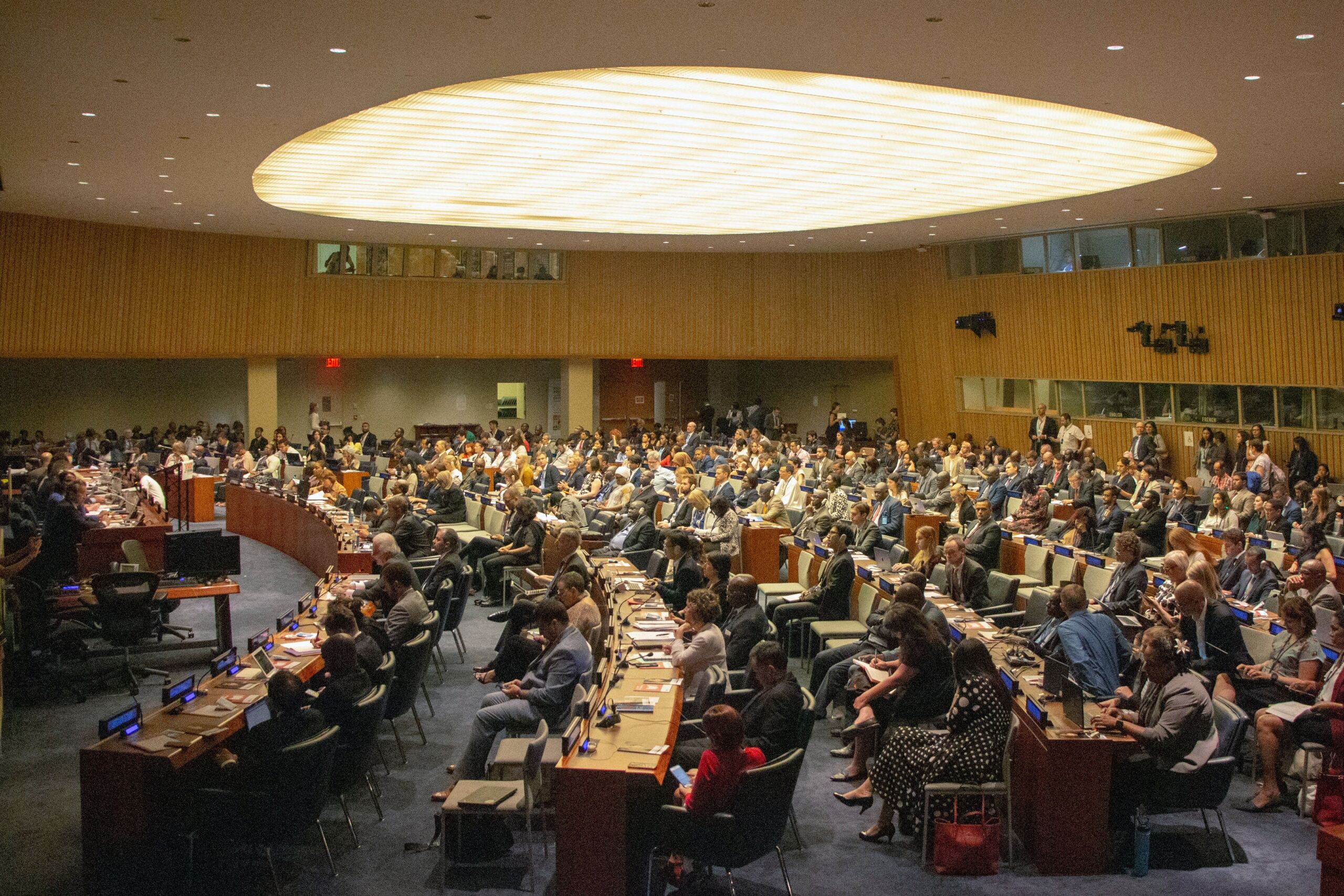
March 10, 2012.
prof. Ph.D. sc. ANAMARIJA JAZBEC
Faculty of Forestry, University of Zagreb
Wednesday, March 21, 2012
Seminar F-201, Faculty of Science - Department of Physics, Bijenička cesta 32, Zagreb
Experience analysis (engl. survival analysis) is the analysis of a specific event over time. Therefore, in order for the analysis of experience to be applied, the data must
contain the time of an event being tracked. Experience analysis has two basic advantages over standard statistical methods:
– censoring (right, left, interval)
– time-varying variables.
Censoring represents the unknown time at which an event occurred. In right-censored data, the event occurred after the time to which it is being tracked.
population. In left-censored data, the event occurred before the population was monitored. Interval-censored data are those for which we do not know
the exact time of the event, but we know that it occurred within a certain interval that we are observing.
Cox regression
When we want to estimate the influence of individual independent variables on a dependent variable that, in addition to the information about whether an event occurred or not, also has information about the time when that event occurred, and when we do not know the probability distribution of the event, we use Cox regression. For comparison, when we only have information about whether an event occurred or not, we use logistic regression.
The Cox regression model is based on the assumption of proportional hazards and does not assume a specific probability distribution for the survival function. Therefore, for
that model says it is a semi-parametric model.
HBD, all rights reserved, 2025
design: Viktor
Enter search terms
+